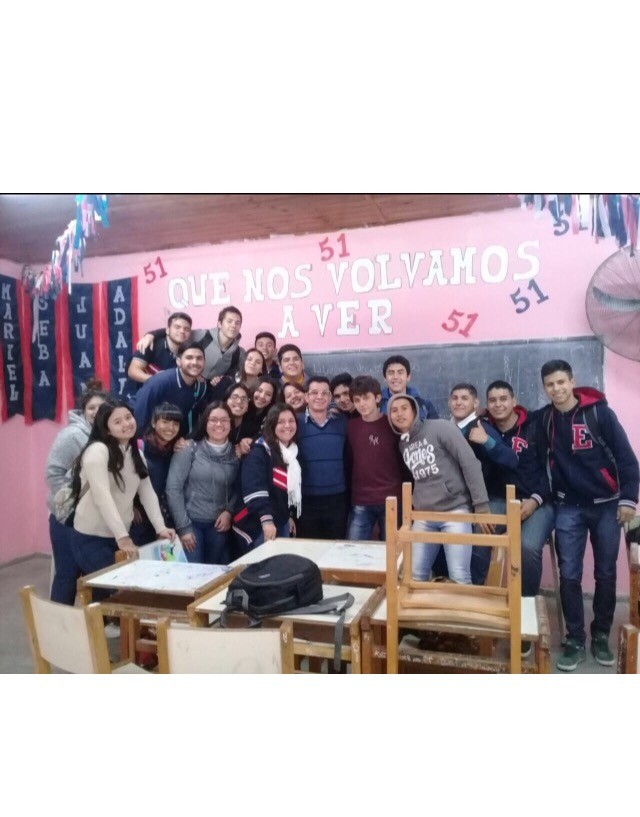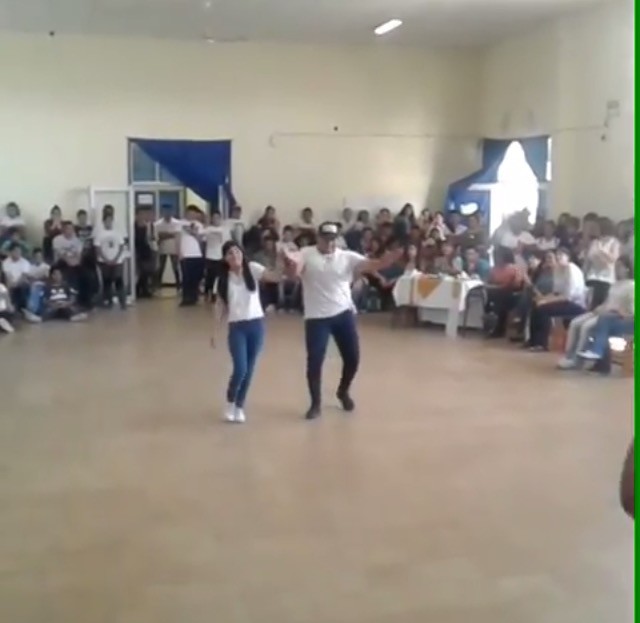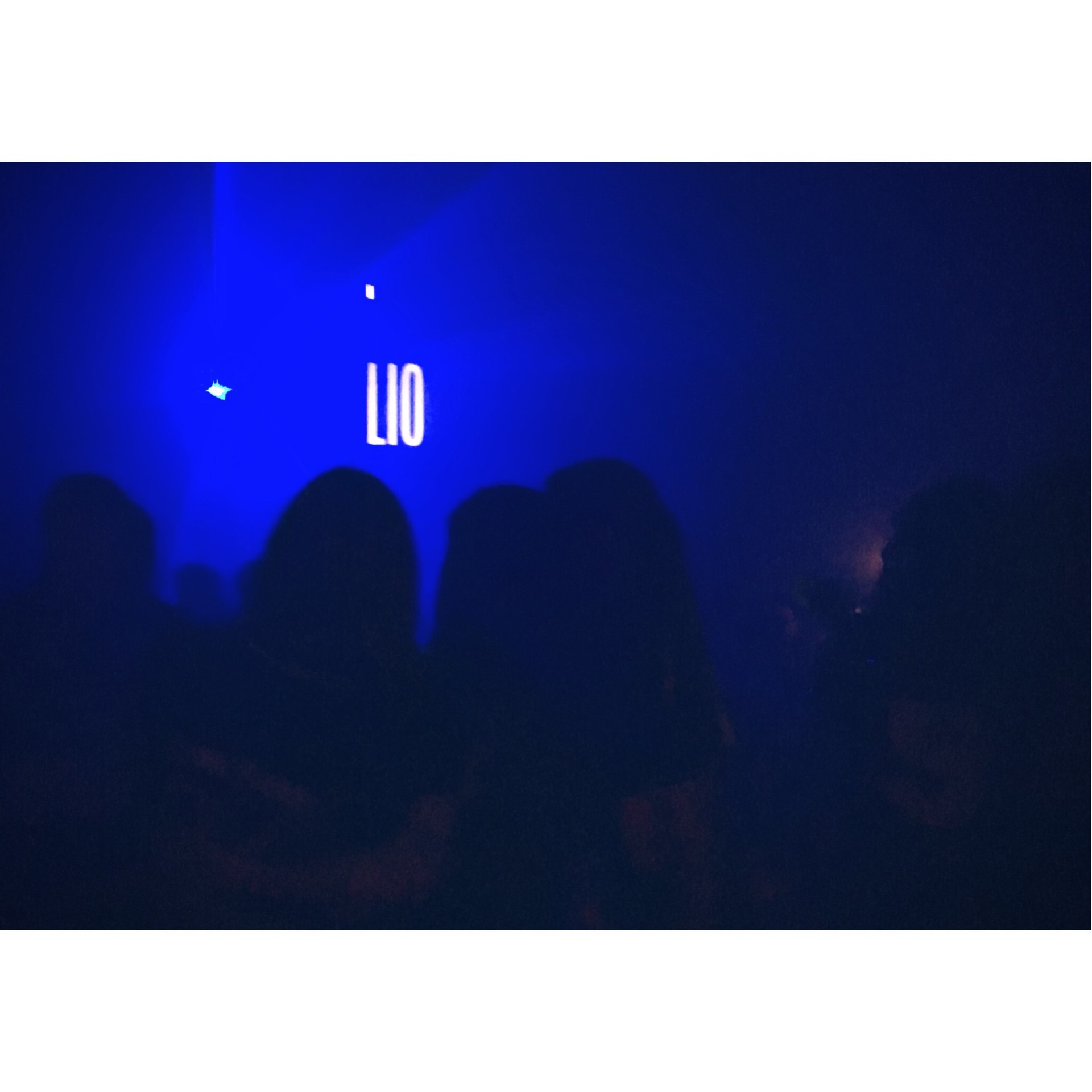Disorderly order - a semester in Argentina
Warm fresh bread, the smell of 'mate' and the happiness to face a Monday that isn't so tragic as it used to be. This is how I began my twenty third day in Puerto Vilelas, a small but appealing town of around 14,000 inhabitants in the north of Argentina where I am spending a semester of intercultural exchange.
"But what are you going to do? They don't do anything at school there, it's just one big party!" "But when you come back, what are you going to do then?" "Why don't you go to an English-speaking country?"
Ever since I made public my plans to spend a semester on the other side of the globe, I have heard plenty of these statements; almost as many times as I have heard the song "Despacito" during the hot and sultry summer which we have just left behind. But, however predictable and classic these comments are, they immediately shine a light on a cultural concept widespread in Europrean society today. It's a way of thinking that I find frighteningly dangerous, especially in regard to younger generations; an unequivocal worldview, synonymous with a closed and inflexible mentality and the bearer of an incorrect message as if nowadays there is one school, one language, one country, one single culture.
In light of these reflections I began my Latin American experience, in what is in all respects a fantastic country. Here in Argentina the days seem endless, because while it is true that half of the Argentine population are awake to start their working day at 6am, it's equally as true that the other half are still in the "boliche" (nightclub) dancing the Cumbia, a special and much-loved dance in these parts. Ignoring the mathematical reasoning, there is yet another portion of the population who can be found several hours later gathering for an 'asado' (barbecue), an excellent example of Argentinian cuisine and which completely redefines the concept of breakfast. It is therefore wonderfully complicated to find some semblance of order in a 24 hour period in this special country, a country in which logic is found, paradoxically, in its constant illogicality and contradictions, which undoubtedly constitutes to its great charm.
School and other myths to dispel
For a 17-year-old like myself, in the fifth year of high school, the school day officially begins at 7:30am, when the students gather in the courtyard to raise the flag to the national anthem - a practice providing the firm foundation for a nation with a strong sense of community, love for one's land and inclusion. Whilst the national anthem is doubtless simplified, a combination of elegance, majesty, pride, love and even a pinch of duty emerges from its words.
School is public and free to students - completely free: textbooks are loaned to students from the school library and photocopies are freely handed out as necessary.

Whilst the level of education in Argentina's schools are in line with that of other countries, comparing school in Argentina with school in Italy is pointless. The main intent of school is clear: to unite. This is nothing new in these parts and as such joy and conviviality abound, with students happily getting together to laugh, dance and party. Often they are willingly joined by the teachers, who relate to the students simply and on their own level, without too many filters. It breaks the trend which exists and perhaps always has existed in Italian schools, whether you admit it or not: the demonisation of the teacher.

Day and night
The day continues with getting together to share lunch - which is something of a 'watershed' of the daily routine. For many people, lunch signals the end of the working day and is a time to meet, eat and talk before the 'siesta', the hours of rest in the afternoon. The siesta is one of the most important cultural elements of the north of the country.
The siesta can last for up to three hours. Describing precisely what happens after the siesta is complicated and would involve a long explanation, but in general during the working week the hours are filled with sports, errands, courses or even simple outings. Dinner is rarely held before 22:30, so there is plenty of time! In comparison, the weekends are sparkling and lively, and the activities listed above may be postponed until later.

In Argentina, and perhaps in all of South America, what you do is worth more than what you say or think. Being together is everything, hospitality is a duty.
And this is how, in a country on the other side of the world, the disorderliness actually brings a sense of order into an otherwise chaotic world.
Photo gallery
Content available in other languages
- Italiano: La suggestione del disordinario
- Español: La sugerencia de lo ordinario
Want to have your own Erasmus blog?
If you are experiencing living abroad, you're an avid traveller or want to promote the city where you live... create your own blog and share your adventures!
I want to create my Erasmus blog! →








Comments (0 comments)